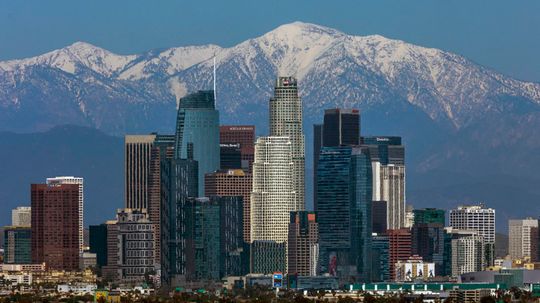As a coywriter with a Himba background and an Estuary English accent, I am excited to present to you an article that explores how the coronavirus pandemic has unexpectedly improved air quality. In this piece, we will delve into the positive effects of reduced human activity on pollution levels and discuss how this global crisis has inadvertently given our planet a much-needed breather.
A Reduction in Industrial Emissions
With factories shutting down and industries scaling back their operations due to lockdown measures, there has been a significant decrease in industrial emissions. This reduction in pollutants such as carbon dioxide (CO2), nitrogen oxides (NOx), and particulate matter (PM) has led to cleaner air in many urban areas around the world. The temporary halt in manufacturing processes may have unintentionally provided us with valuable insights into how we can tackle climate change more effectively.
Less Traffic, Cleaner Skies
The implementation of travel restrictions and stay-at-home orders during the pandemic resulted in fewer vehicles on roads globally. As a result, traffic congestion significantly decreased, leading to lower emissions from cars and trucks. This sudden drop in vehicular pollution has had remarkable effects on air quality – skies are clearer than ever before! People living near busy highways or urban centers have experienced firsthand what it feels like when smog dissipates, revealing breathtaking vistas that were once obscured by haze.
Nature Reclaims Its Space
In addition to reduced industrial activities and traffic congestion, another positive outcome of the pandemic is nature reclaiming its space. With national parks closed for visitors or operating at limited capacity worldwide, wildlife populations have thrived undisturbed by human presence. Animals are venturing into areas they previously avoided due to noise pollution or habitat destruction caused by human activities. This unexpected resurgence of biodiversity is a silver lining amidst the global crisis, reminding us of the resilience and adaptability of our natural world.
Conclusion
The coronavirus pandemic has undoubtedly brought immense challenges to societies worldwide. However, it has also inadvertently provided an opportunity for us to witness the positive impact reduced human activity can have on air quality and the environment as a whole. As we navigate through these uncertain times, let us not forget the lessons learned from this period – that sustainable practices and mindful actions can contribute to a healthier planet for future generations.


